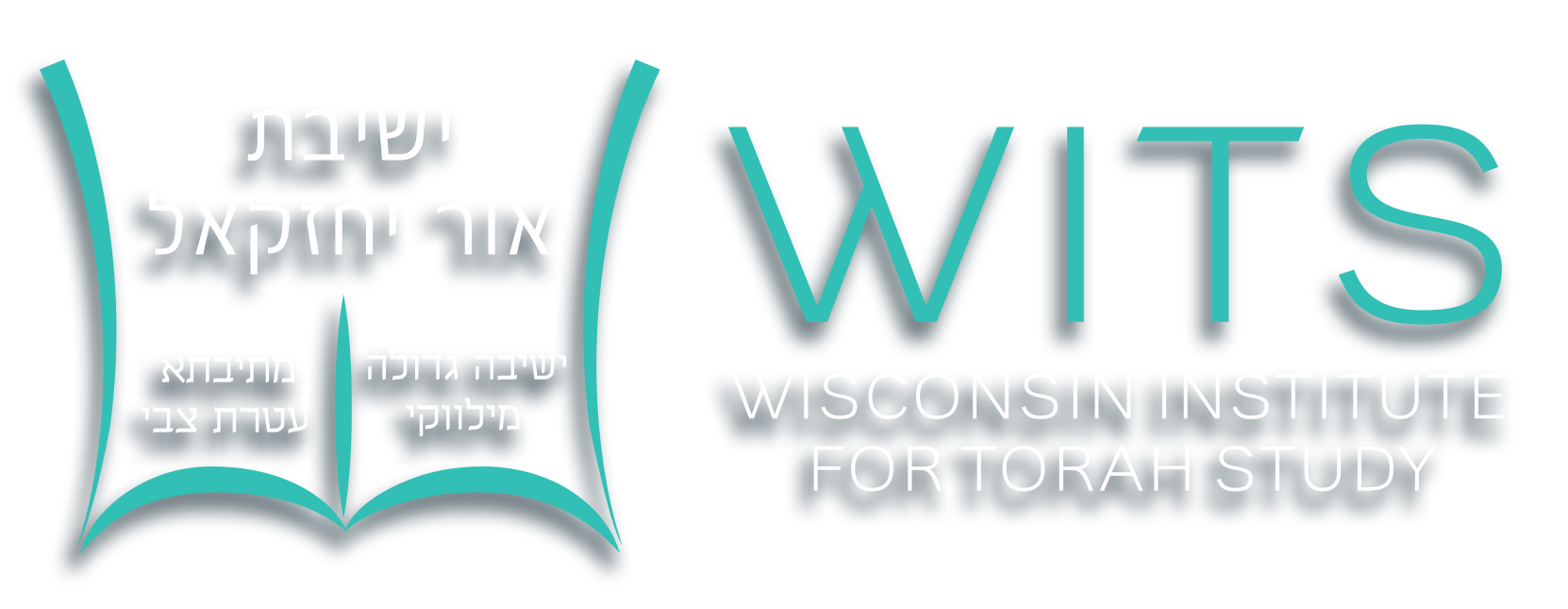MESIVTA ATERES TZVI HARRI HOFFMANN FAMILY
High School
The WITS high school program has been purposefully designed to meet the needs of students and families who seek, simultaneously, a comprehensive Yeshiva program and an uncompromising college preparatory General Studies program. However, at WITS, the Chinuch extends even beyond the academic programs. In the long standing tradition of Yeshiva Chofetz Chaim, with which WITS is affiliated, there is a strong emphasis on the realization of one's potential and the development of good Midos. It is hoped that the student will emerge from his years of study at WITS with a Torah perspective, which is both consistent and operative under all conditions. Character development and intellectual growth are both regarded as intrinsic to the goals of the Yeshiva.
If one were to focus on one particular feature which characterizes the educational experience at WITS it would be that learning is at once enjoyable, highly personal and very real. Discovery of the capacity to not only learn but, just as importantly, to enjoy learning, serves as the foundation for the development of each young man.
“Discovery of the capacity to not only learn but, just as importantly, to enjoy learning, serves as the foundation for the development of each young man.”
Setting
A spacious campus located on six wooded acres on the shore of Lake Michigan, in Milwaukee, Wisconsin. Milwaukee, being a small city, is advantageous to the talmid, as the lack of hustle and bustle allows for less distraction. The Bais Medrash (study and prayer room) offers an expansive setting, with a comfortable atmosphere and beauty that beckons to you. The Bais Medrash, dining facilities, and main dormitory are all housed in one building. All Rebbeim live within a five-block radius.
Caring and Dedicated Rebbeim
The relationship between rebbe and talmid transcends subject matter and goes to the heart of the real goal of the yeshiva: to mold Bnei Torah. The role of the Yeshiva rebbe is to provide a partnership of trust and concern between himself and the talmid. This partnership allows each talmid to access the rebbeim to obtain guidance in any and all areas to facilitate the complete development of a Ben Torah, including his goals and aspirations.
Mussar
A significant emphasis is placed on the refinement of character, and the constant need to improve one’s self. This emphasis is clearly evident throughout the curriculum, but manifests itself particularly in the form of daily study sessions, as well as mussar lectures three times a week.












